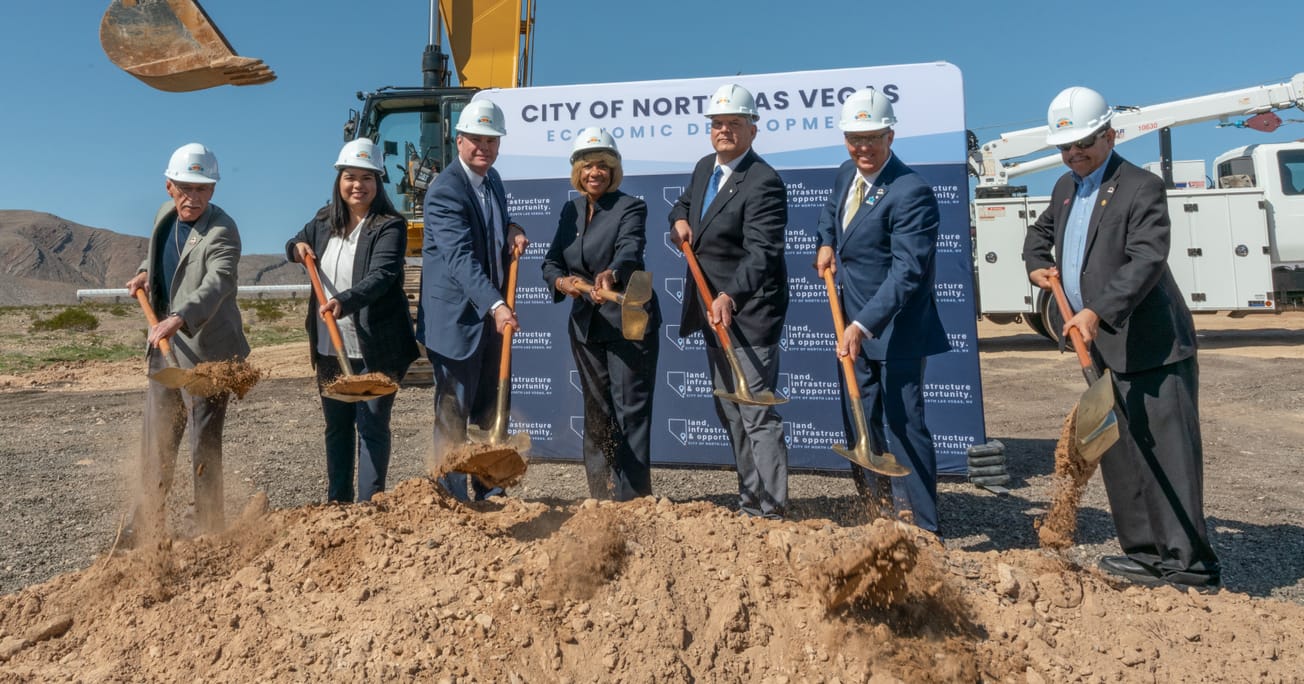Subscribe to our email newsletter and follow us on social media.
Last Friday, the Nevada Department of Transportation (NDOT) submitted a comprehensive electric vehicle infrastructure deployment plan to the United States Joint Office of Energy and Transportation to secure federal funds to enhance the state’s electric vehicle charging infrastructure and network.
Through the National Electrical Vehicle Infrastructure (NEVI) program contained within the Bipartisan Infrastructure Law (BIL) - also known as the Infrastructure Investment and Jobs Act - NDOT will receive more than $38 million over the next five years. The plan was a collaboration among multiple State agencies and partners.
“The future of transportation is electric, and I’m proud to see Nevada’s public agencies and private sector working collaboratively to develop a comprehensive plan that will leverage every dollar to build out a statewide EV network that will be a model for the rest of the nation,” Governor Sisolak said. “This nearly $40 million in dedicated funding wouldn’t have been possible without the tireless efforts of our federal delegation to pass the BIL, and I look forward to continuing our partnership to provide reliable charging options to everyone in the Silver State.”
NDOT partnered with state, regional, and local agencies and used data-driven process to develop an inclusive and flexible plan that covers community engagement, workforce development, benefits to disadvantaged communities, and key locations throughout the state.
“NDOT’s NEVI Plan achieves the goal of incorporating the needs of Nevada’s urban spaces as well as our expansive rural areas,” NDOT Director Kristina Swallow said.
The plan was developed to prioritize corridors and locations for charging infrastructure that consider EV analytics, such as vehicle miles traveled, traffic volume, dwell times, and start/stop locations; demographics to promote beneficial and equitable distribution of funds to our disadvantaged communities; and air quality non-attainment areas.
“Charging an electric vehicle should not be dependent on where you live, where you work or where you go for shopping or entertainment.” said Marci Henson, Director of the Clark County Department of Environment and Sustainability. “NDOT’s charging plan will modernize Clark County’s infrastructure and meet the rising demands across all demographics in a fair and equitable manner, and more EVs on our roads means fewer greenhouse gas emissions, less ozone and less particulate pollution.”
Subscribe to our email newsletter and follow us on social media.









